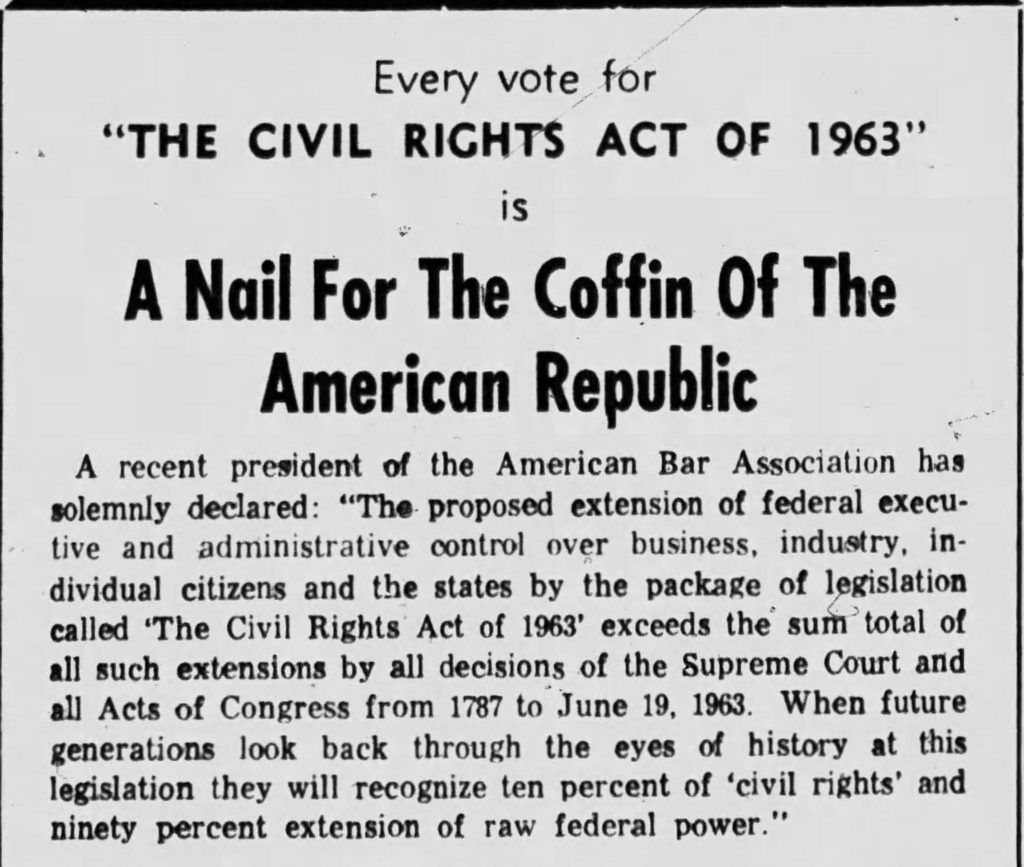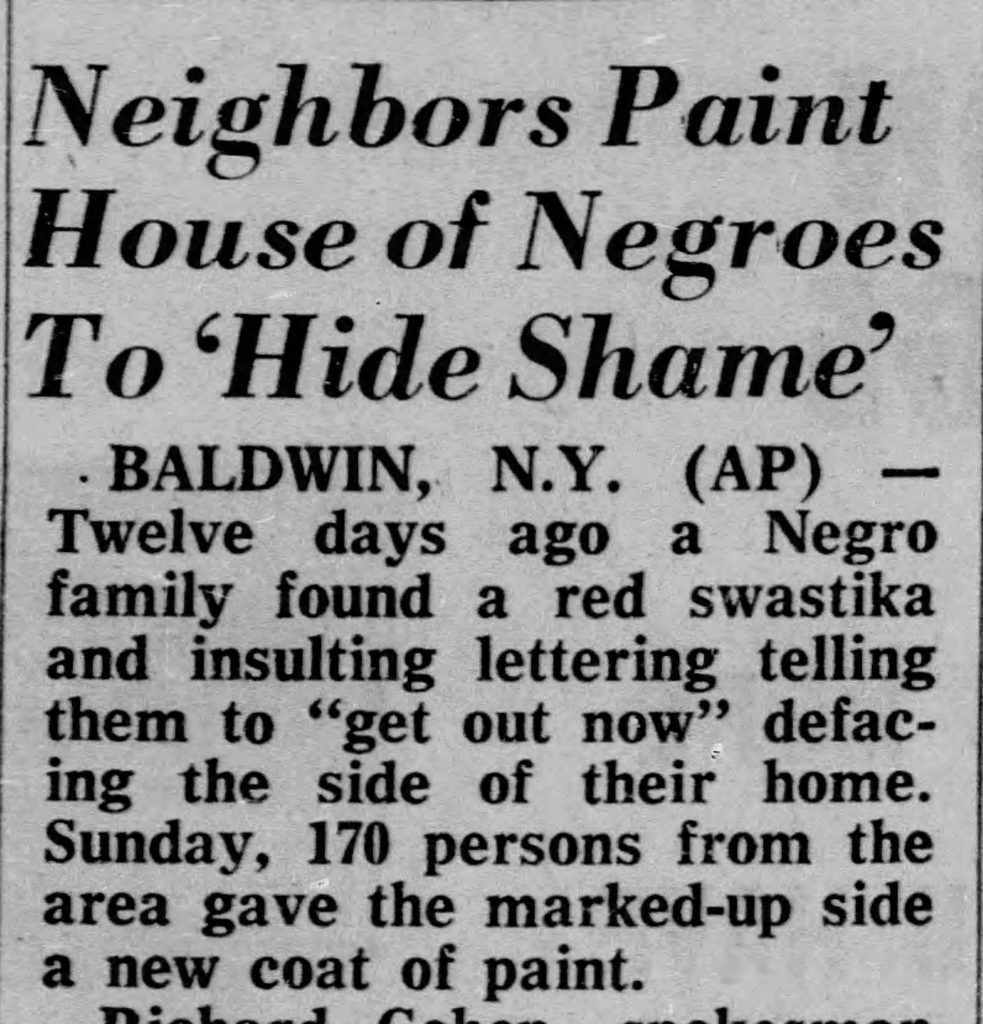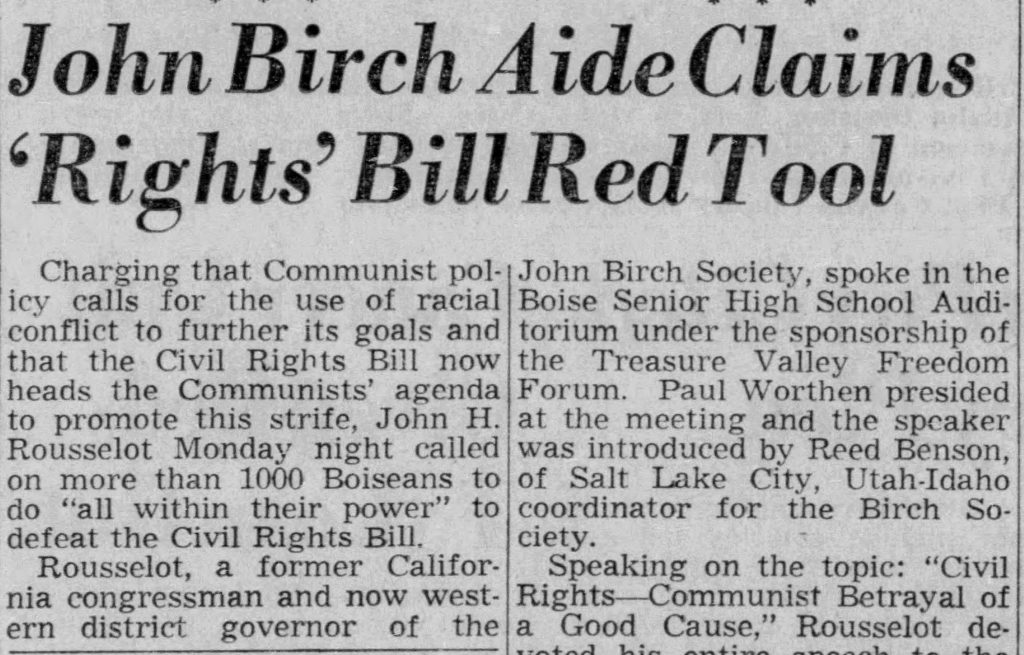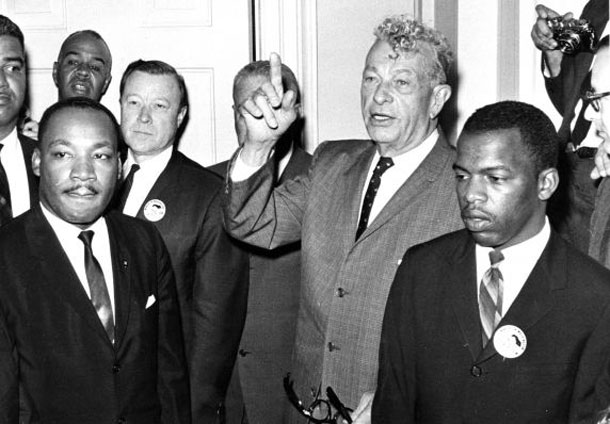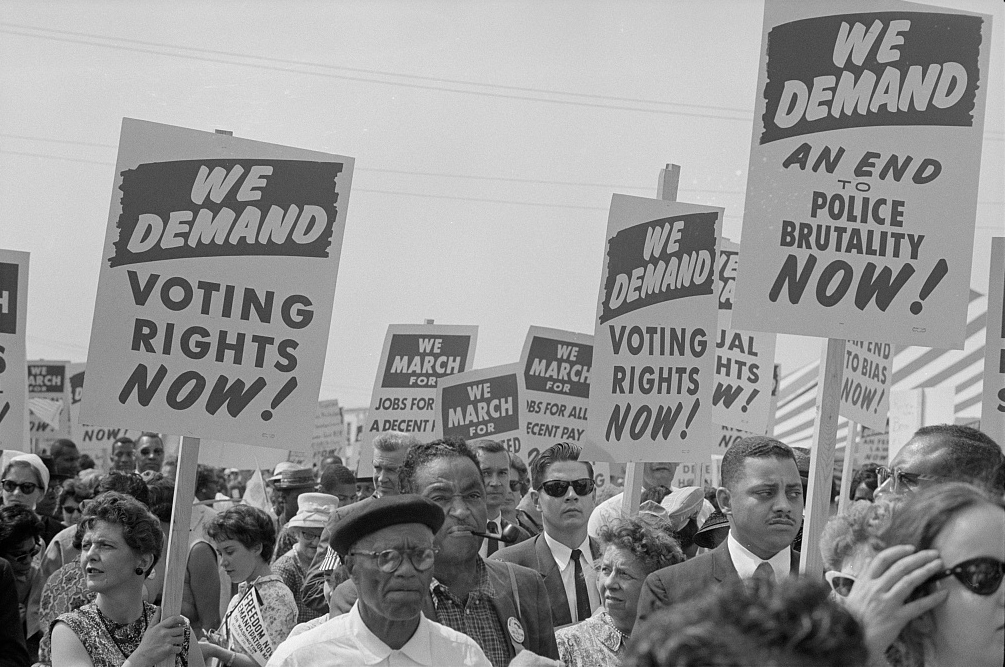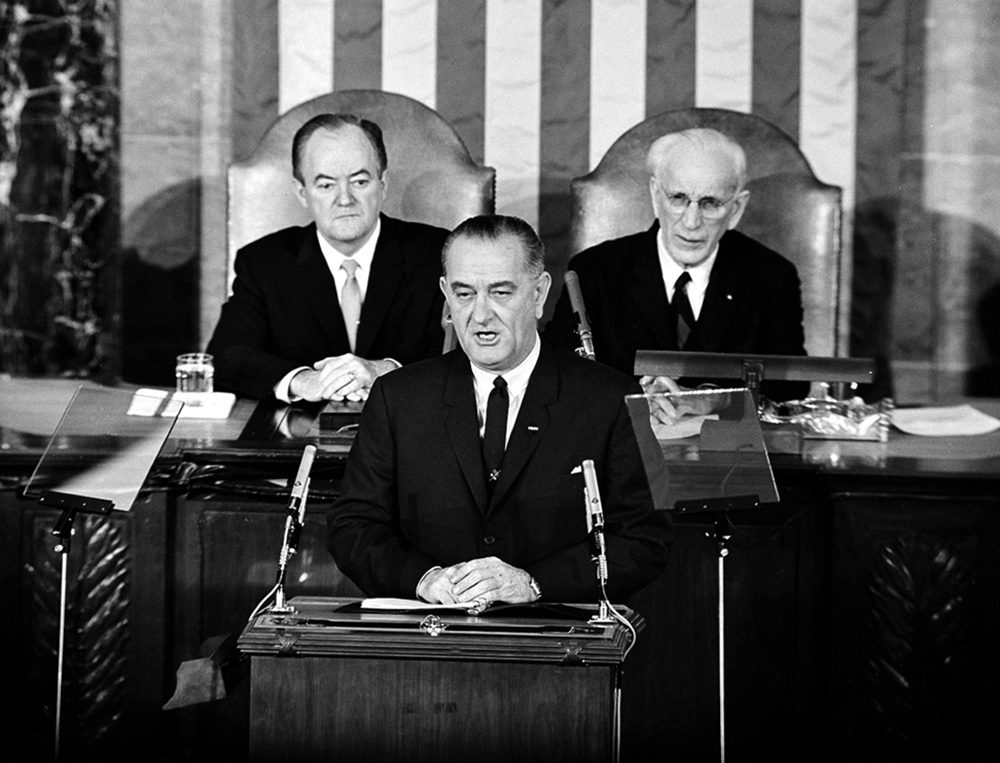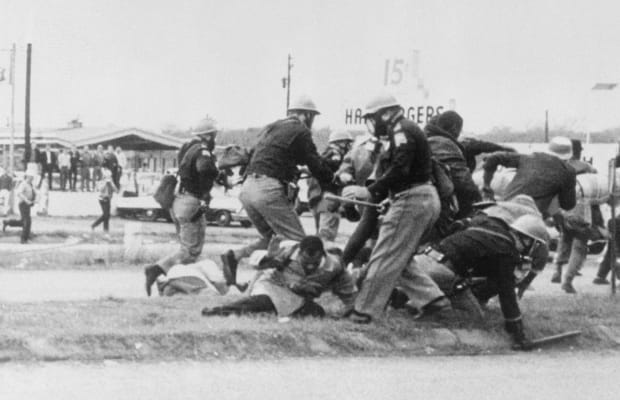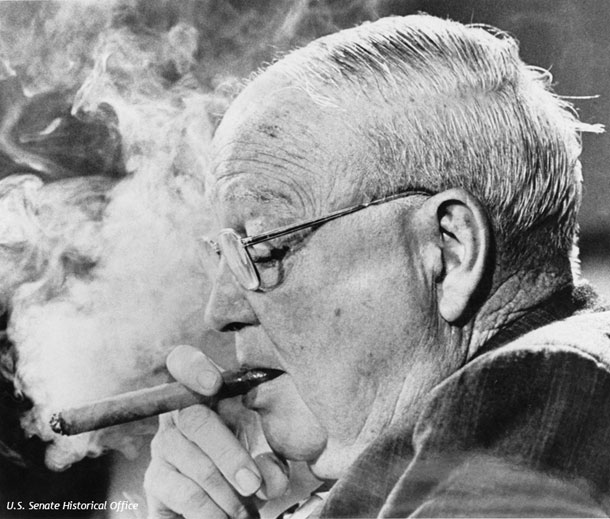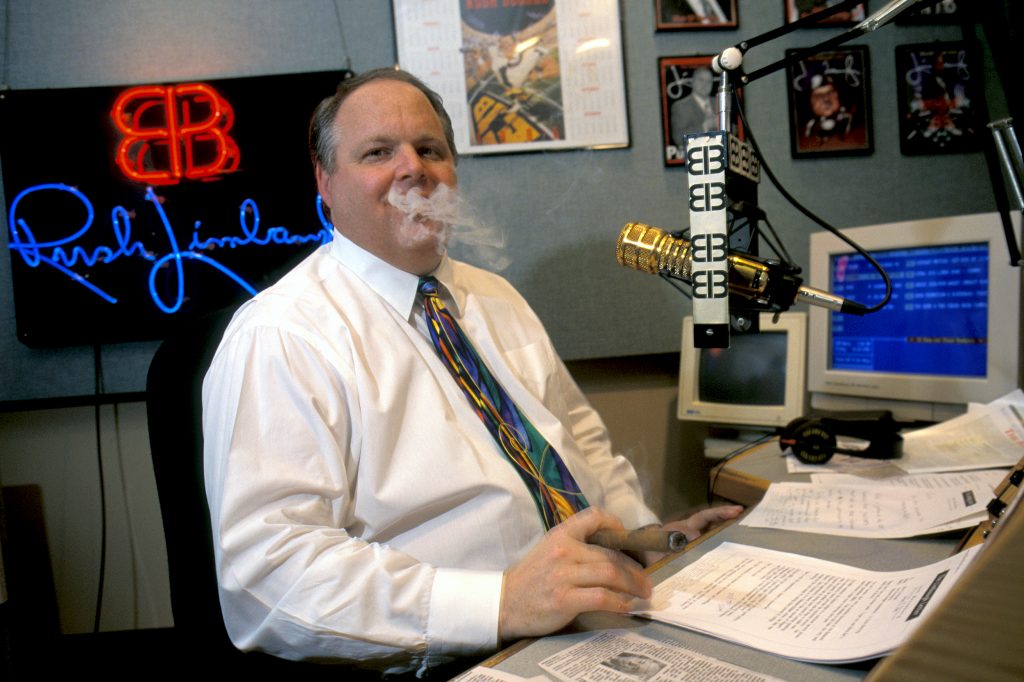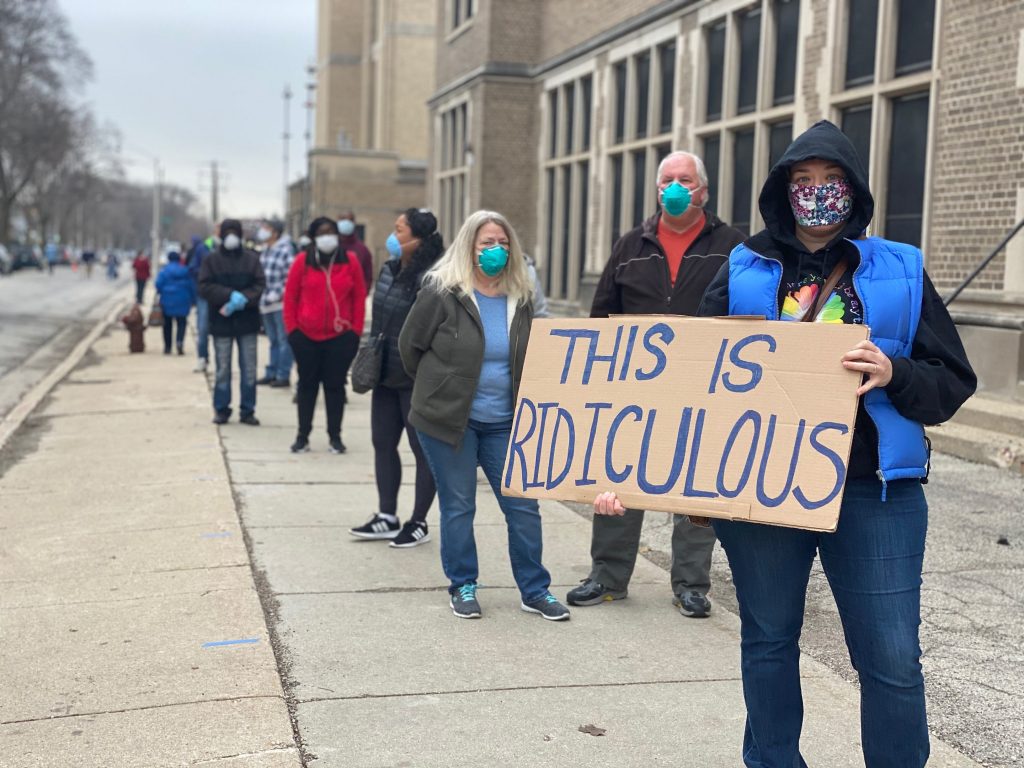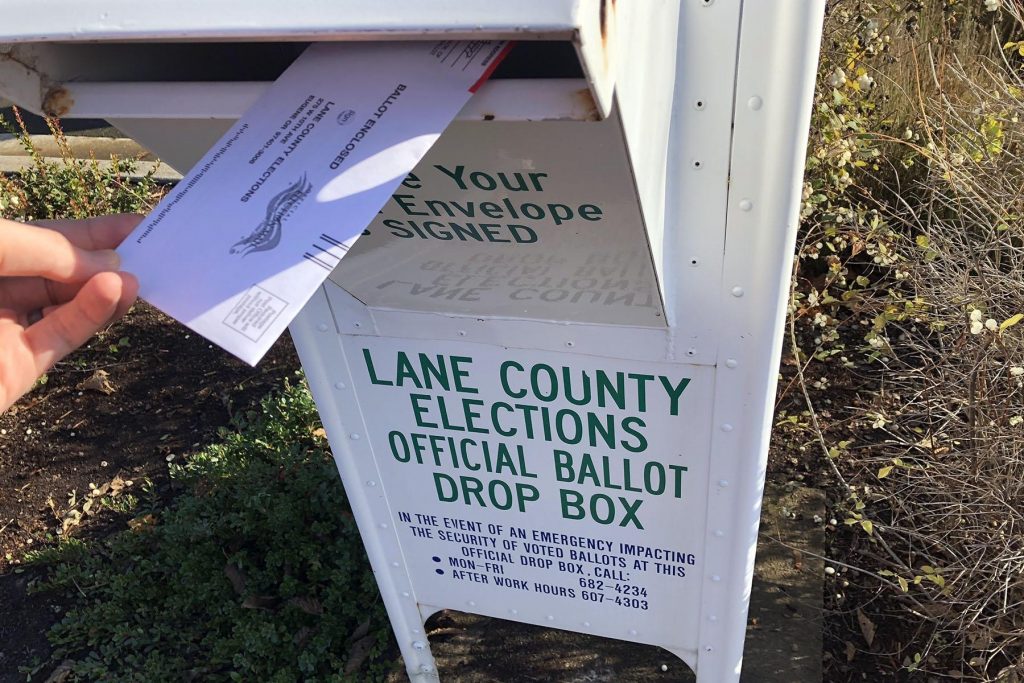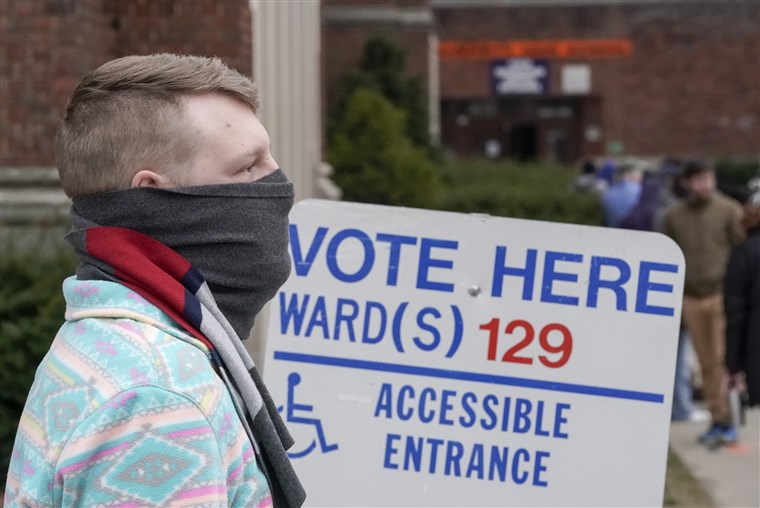On Sunday night, March 7, 1965, the ABC Sunday Night Movie was interrupted for a breaking news bulletin from Selma, Alabama, a city of about 28,000 souls fifty miles west of the state capitol of Montgomery.
It’s a safe bet that most Americans watching the film Judgment at Nuremberg – a movie about Nazi war crime trials after World War II – had never heard of Selma in Dallas County, Alabama. After that Sunday, the events of Selma would come to define the long and still continuing struggle for voting rights in America.
As Alabama Heritage magazine has noted of Selma in the 1960s: “Despite the gains made by civil rights activists across the state of Alabama, the Black Belt city of Selma remained a bastion of racial discrimination. In particular, the city’s segregationist leadership excelled at disenfranchising the African American community. By 1964 whites made up less than half of the population of Dallas County but constituted 99 percent of the registered voters.”
Seven of every eight Black Americans who attempted to join voter rolls in that Alabama county were rejected. Little wonder that the major civil rights groups in the South, the Southern Christian Leadership Conference and the Student Non-violent Coordinating Committee (SNCC), chose Selma as the place to launch a march for voting rights.
Alabama Governor George C. Wallace gave the order to stop the marchers. Mayhem and blood followed, all broadcast on national television giving viewers a living room view of what was at stake for Black Americans.

“The troopers rushed forward,” the New York Times reported, “their blue uniforms and white helmets blurring into a flying wedge as they moved. The wedge moved with such force that it seemed almost to pass over the waiting column instead of through it. The first 10 or 20 Negros were swept to the ground screaming, arms and legs flying, and packs and bags went skittering across the grassy divider strop and on to the pavement on both sides. Those still on their feet retreated.”
One marcher, beaten to the point of hospitalization, was John Lewis, the chairman of SNCC and years later a member of Congress from Georgia.
Others died trying to secure the Constitutional right to simply vote in a democracy. One of the martyrs was a white Unitarian minister from California, James Reeb, who responded to Dr. Martin Luther King, Jr’s call for white preachers to join the march from Selma to Montgomery.
Reeb died on March 12, 1965 of injuries sustained when he was beaten by white segregationists who were so opposed to fellow Americans attempting to secure the vote that they were willing to kill.
The Voting Rights Act was passed on August 6, 1965 with some naively believing a conclusive battle had been won. But while the events of that long ago bloody Sunday have faded the conservative assault on the Voting Rights Act never has.
Remember this history as you consider that Republican attorneys general from Alabama, Alaska, Georgia, Idaho, Indiana, Iowa, Kansas, Mississippi, Montana, Nebraska, South Carolina, Texas, and West Virginia recently asked the U.S. Supreme Court to gut – as in eviscerate – another key section of the Voting Rights Act.
The state of Louisiana brought the case to end the long established practice of individuals and voting rights organizations taking private legal action to enforce the right to vote. Louisiana and rightwing AGs like Idaho’s Raul Labrador and Montana’s Austin Knudsen claim that all that history is rubbish and that efforts to use the law to protect the right to vote cannot be invoked by private parties, but only by the Justice Department.
Rick Hasen, a law professor at UCLA and voting rights expert, has said that unless the Supreme Court reverses a recent ruling by the Eighth Circuit that ruled private actions unconstitutional the rights of minority voters will be decimated. The Justice Department, Hasen and many others say, has inadequate resources to go after a gerrymander in Wisconsin or a voter suppression effort in Mississippi or a hundred or a thousand other devious efforts to limit the Constitutional voting rights of Americans.
Hasen noted that two Supreme Court justices – Neil Gorsuch and Clarence Thomas – have already endorsed this specious reading of the law, the Constitution and long standing precedent. Three more justices could literally erase one of the most effective tools to ensuring voting rights, and in doing so expand the conservative re-writing of not only the law, but American history.
Knudsen, the Montana attorney general and a hard right firebrand who professional ethics are under review by the state bar, is a too young to remember his state’s greatest political leader and the role Senator Mike Mansfield, the Democratic majority leader in 1965, played in passage of the Voting Rights Act. Mansfield worked tirelessly with Republican leader Everett Dirksen to assemble a bipartisan Senate coalition to ensure that the promise of the 15th Amendment to the Constitution – the right to vote for African Americans – was guaranteed. Mansfield considered the Voting Rights Act the most important legislation of his generation.
Labrador, who as a Tea Party congressman helped set the U.S. House on the path of its current dysfunction, now employs a team of zealous, even radical lawyers from everywhere but Idaho to push the latest alt right legal hobby horse. Labrador should be reminded that no less a conservative than former Idaho governor and senator Len Jordan was one of the Senate Republicans who followed his party leadership in support of the Voting Rights Act 58 years ago.
You might do well to ask what Knudsen and Labrador are doing as they waste their state’s resources by signing on to legal action designed solely to deny Americans access to the courts? Why do they believe it’s worth the effort of their high office or the spirit of their sworn oath to embrace a patently transparent effort to disenfranchise fellow Americans and trash a historic law, as well as the protections of the Constitution?
The answer to these questions is that it is all about power – raw, unbridled political power wielded by states against their own citizens. Conservatism has become about eliminating rights, not enhancing them.
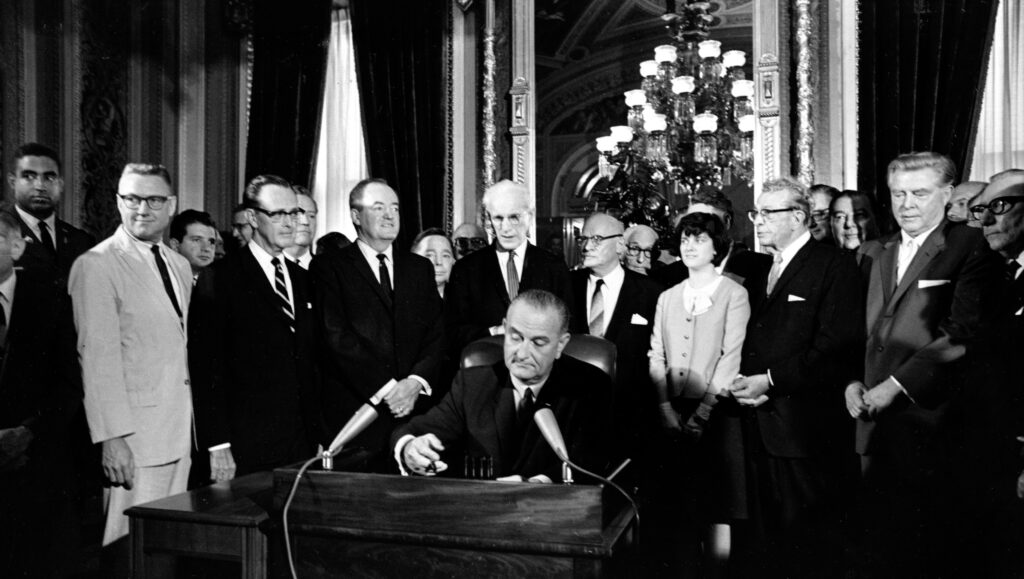
Conservatives started going after the Voting Rights Act about ten seconds after Lyndon Johnson signed it into law. Now they have created a national network of extremists at every level of government determined to roll back the clock. And they have realized a fever dream decades in the making – a Supreme Court more beholden to political outcomes than legal protections. It is a truism of our age that the Supreme Court’s decision to reverse 50 years of history on abortion rights was but the beginning.
You’ll hear more about this pending Supreme Court case in the days ahead and when you do remember Jim Reeb and so many others who gave their lives in the fight for these fundamental rights of citizenship.
No one, by the way, has ever been convicted of that young minister’s murder in Selma in 1965. Just one more reason why we should expect more today from those who would use the law he died for to effectively dance on his grave.
—–0—–
Additional Reading:
A few other things that caught my eye …
Special counsel Jack Smith made a gutsy, momentous decision in his prosecution of Donald Trump
The always excellent Margaret Sullivan writes about the special counsel’s decision to take Trump’s claim of immunity directly to the Supreme Court.
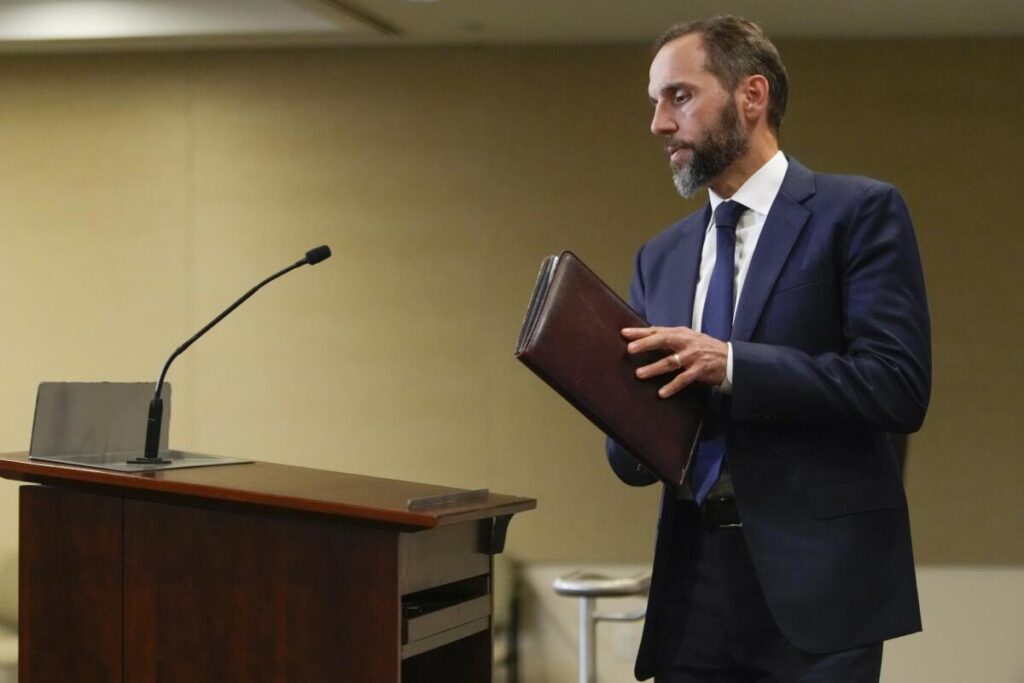
“The former US president intends to use timing – delay, delay, delay – to avoid punishment for trying to overturn the 2020 election, which he lost to Joe Biden, and for fomenting a violent coup.
“Nope, said Smith this week. A tough guy who has prosecuted war crimes in the Hague, Smith clearly recognizes that putting off the case until after next fall’s presidential election could let Trump off the hook.”
Link to the full piece in The Guardian.
The Convert: The radicalization of Mike Lee
Nick Catoggio writes in The Dispatch about the Utah Republican senator and whether he’s really a cynic or a convert. His verdict – Lee hasn’t just drunk the Trumpian Kool-Aid, he’s happily chugging it.
“So if he sounds like a crank, it’s not because he has to. It’s because he wants to.
“Which brings us to the other problem. Only a true convert to crank populism would embarrass himself to the degree Lee routinely does nowadays. There’s a gratuitousness to some of his lapses of judgment that suggests he’s not faking them to impress the grassroots right’s worst elements, as is often the case with his buddy Ted Cruz. One simply can’t step on as many rakes as Mike Lee has lately without being genuinely blind.”
Good example of why the Republican Party really no longer exists.
And finally …
“Welcome, fellow haters, to another bilious edition of the Most Scathing Book Reviews of the Year.”
Come for the put downs, stay for the laughs. Here’s the link.
See you soon. Tip your server. Smile at strangers. Call an old friend you haven’t spoken with for too long. Get in the spirit.
All the best.

